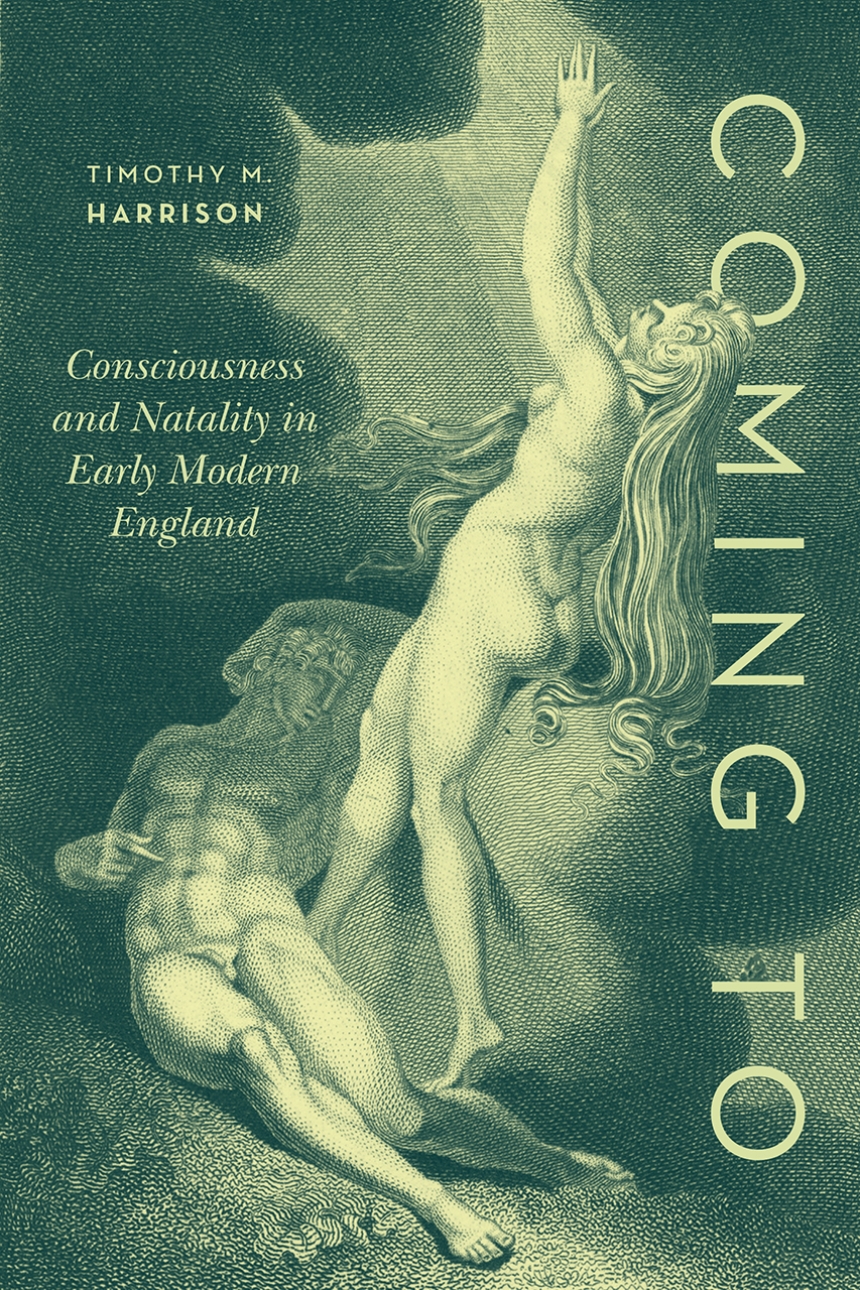Coming To
Consciousness and Natality in Early Modern England
9780226725123
9780226725093
9780226725260
Coming To
Consciousness and Natality in Early Modern England
In Coming To, Timothy M. Harrison uncovers the forgotten role of poetry in the history of the idea of consciousness. Drawing our attention to a sea change in the English seventeenth century, when, over the course of a half century, “conscience” made a sudden shift to “consciousness,” he traces a line that leads from the philosophy of René Descartes to the poetry of John Milton, from the prenatal memories of theologian Thomas Traherne to the unresolved perspective on natality, consciousness, and ethics in the philosophy of John Locke. Each of these figures responded to the first-person perspective by turning to the origins of how human thought began. Taken together, as Harrison shows, this unlikely group of thinkers sheds new light on the emergence of the concept of consciousness and the significance of human natality to central questions in the fields of literature, philosophy, and the history of science.
328 pages | 6 x 9 | © 2020
History: History of Ideas
Literature and Literary Criticism: British and Irish Literature
Reviews
Table of Contents
Introduction: Beginnings
Part 1: Milton and the Birth of Consciousness
Chapter 1: Unexperienced Thought
Chapter 2: Human Nature Experienced
Part 2: Traherne and the Consciousness of Birth
Chapter 3: From Creation to Birth
Chapter 4: In Utero
Part 3: Locke and the Life of Consciousness
Chapter 5: Natality and Empiricism
Coda
Acknowledgments
Notes
Bibliography
Index
Part 1: Milton and the Birth of Consciousness
Chapter 1: Unexperienced Thought
Chapter 2: Human Nature Experienced
Part 2: Traherne and the Consciousness of Birth
Chapter 3: From Creation to Birth
Chapter 4: In Utero
Part 3: Locke and the Life of Consciousness
Chapter 5: Natality and Empiricism
Coda
Acknowledgments
Notes
Bibliography
Index
